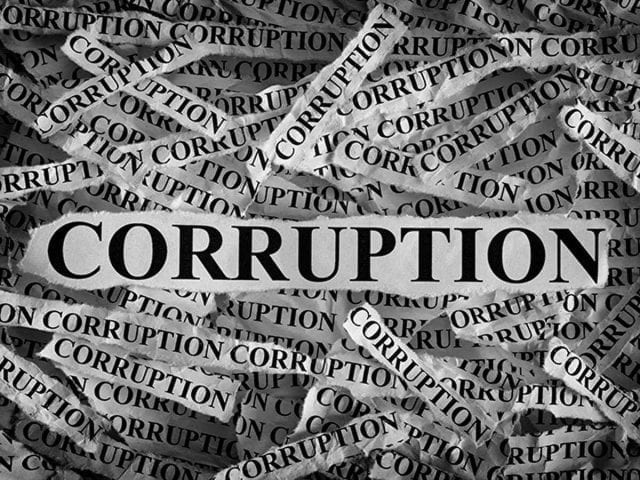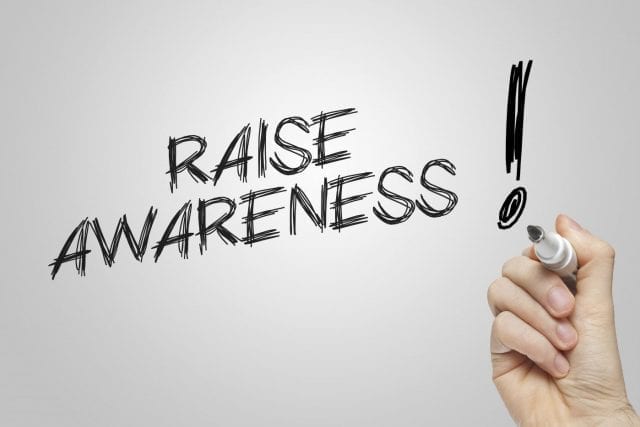
A society is built on a structure that must have certain principles to stand firm and strong on the grounds of culture, ethics, and morality. In terms of the mentioned aspects, corruption is undoubtedly one evil that should be eliminated from a thriving society.
Moreover, corruption is a factor in the system and exists in all cultures, but this phenomenon has only begun to be seriously discussed in the last 20 years. Several heavily pro-corruption reforms and initiatives have indeed been proclaimed effective, but still, no state so far has managed to control corruption through global support requirements.
What is Corruption and Where Does it Exist?

Basically, corruption is the misuse of privileged status in any of the departments of government (judicial, executive and legislative) or in governmental or other organizations for the purpose of acquiring personal benefits that are not flagrantly unconstitutional for themselves or else.
The culture of corruption, however, is in stark contradiction to the earliest stages of law-making as well as the state and had been regarded as immoral in the ancient times, negatively impacting the public institutions and the flourishing of the political structure.
Iraq as an example

To study the subject of corruption, we can take the example of Iraq where people are protesting in huge crowds against their leaders all over the country. Iraq has been marked as the 12th most corrupt country in the world and the public is recognizing it with lesser hope each day.
However, the current noble position holder, Prime Minister of Iraq along with his party, is taking the issue into serious consideration and portraying to do as much as possible and making sufficient efforts by their collaboration.
The government is at stake because Iraqis want it to retire and the government is coping by accepting the fact that there are certain problems that need an immediate solution but it is easier said than done. the besieged head of state of Iraq and his cabinet have made significant strides, at a minimum, to start to address the matter.
The administration is evaluating a strategy by setting up an anti-Corruption Council, promising that the first set of wide-ranging officials on the list will be put on trial. Many identified are allegedly ex-officials and some are still being in power, although no details were publicly released.
You can explore more at Eurasiareview to find more information as an add-in to your knowledge to understand the level of crucial of the subject.
With the statement of Iraq’s example, we can observe that corruption is an obvious evil disturbing all a state’s residents and the governance equally so it is urgent to address and resolve the issue efficiently.
Firstly, we need to work on certain aspects that are the supporting cause of mushrooming growth of immorality in our society and resulting in the turmoil among a states’ governance and its public.
There can be several reasons for the birth of corruption in a country but some aspects can include the excess of bribery, awareness because of low standards of education and a corrupt political environment.
Bribery

Bribery is sadly a common practice in society these days. It happens when one gives anything of interest to the other and get the same in return. There seems to be widespread corruption, primarily in emerging and transitioning parts of the world.
Bribery adds to the cost of payments and causes economic uncertainty. it’s a disease that makes the whole society sick so we must prevent it before the situation is out of control. the culture of bribery can be controlled if states keep updating their anti-corruption policies in accordance with the time and selecting honest statesmen to have the right supervisors.
Awareness

Awareness is the knowledge about a certain social matter where the attention and quite well-informed participation in a specific case is encouraged for advancement.
It may also yield results. To make a society free of corruption, we need to provide the public with the educational and political facts that support the goodwill of a state’s people and inform them of the hazardous consequences of such wrongdoing.
We have to try and ensure that we support everyone else to turn the knowledge into implementable things to be successful in our endeavors.
Raising the level of information available to the public on the effects of the factor of misconduct epidemic about certain ideas namely coordinating and operating a public information public awareness campaign and educate people about corrupt practices.
Assemble and hold regular services communication programs to make people aware and educate them about anti-corruption strategies.
Conclusion
Calling out on social evils is just the first step of the long journey. Any negative force can be emitted out of our social setting if we all participate in the removal of the cause. When it comes to corruption, this battle is ongoing but it is essential that everyone is doing their part in order to stay in the clear.
The punishment for corruption should be severe and people who are caught definitely need to end their careers in that field. Those who report a corrupt behavior should be rewarded in order to encourage such action. Of course, there will always be corrupt people but if we do everything to minimize it, we are on a good track.





